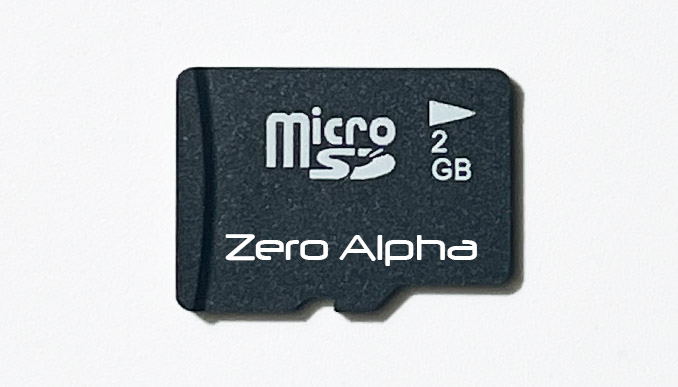MicroSD 2GB Data Recovery
MicroSD cards, particularly those with a storage capacity of 2GB, are commonly used in various electronic devices such as cameras, smartphones, and portable gaming consoles. Despite their widespread use and convenience, these tiny storage devices are not immune to data loss. Data recovery from a 2GB MicroSD card can be fraught with numerous challenges. This article explores some of the common problems encountered during the data recovery process.

Physical Damage
One of the most significant issues with MicroSD cards is their susceptibility to physical damage. Due to their small size, they can easily be bent, scratched, or even snapped. Physical damage to the card can render it unreadable by standard card readers, making data recovery a complex and often costly process. Specialized equipment and expertise are typically required to retrieve data from physically damaged cards.
Corruption and Formatting Errors
MicroSD cards can become corrupted for various reasons, such as abrupt removal from a device, power surges, or software glitches. A corrupted card may display error messages or be completely unrecognized by devices. In some cases, the card might prompt users to format it before use, which can lead to the accidental loss of all stored data. Recovering data from corrupted or accidentally formatted cards can be particularly challenging and often requires advanced recovery software.
File System Issues
MicroSD cards can suffer from file system corruption, where the structure that organizes and manages files becomes damaged. This can happen due to improper ejection, malware infections, or hardware failures. When the file system is compromised, the data stored on the card may become inaccessible, and standard recovery methods might not work, necessitating the use of specialized tools and techniques.
Wear and Tear
Flash memory, which is the underlying technology of MicroSD cards, has a limited number of write and erase cycles. Over time, repeated use can lead to wear and tear, causing the card to fail. When a MicroSD card reaches the end of its lifespan, it may become read-only or completely unresponsive. Recovering data from a worn-out card can be difficult and may require professional intervention.
Compatibility Issues
Older MicroSD cards, like the 2GB variants, can sometimes face compatibility issues with modern devices and card readers. These cards may not be recognized by newer hardware or software, complicating the data recovery process. Ensuring compatibility with the recovery tools and devices being used is crucial, yet can be a hurdle for users with outdated storage media.
Environmental Factors
Exposure to extreme temperatures, moisture, or magnetic fields can damage MicroSD cards and the data they contain. Environmental factors can lead to degradation of the card’s internal components, resulting in data loss. Recovering data from cards affected by environmental damage can be particularly tricky, as the extent of the damage may not be immediately apparent.
Human Error
Human error is another common problem in data recovery. Accidental deletion of files, incorrect handling of the MicroSD card, or mishandling during the recovery process can exacerbate data loss. Ensuring careful and knowledgeable handling of the card is essential, but errors can still occur, further complicating recovery efforts.
Malware and Viruses
MicroSD cards can be infected by malware or viruses when connected to infected devices. These malicious programs can corrupt data, delete files, or render the card unusable. Recovering data from a compromised card requires not only retrieving the lost data but also ensuring that the recovered files are free from infection.
Conclusion
Recovering data from a 2GB MicroSD card can be riddled with challenges, ranging from physical damage and file system corruption to compatibility issues and human error. Understanding these potential problems is the first step in addressing them effectively. While some issues can be mitigated with careful handling and the use of reliable recovery software, others may necessitate professional intervention. Regardless of the specific problem, data recovery from a MicroSD card is a delicate process that requires a blend of technical knowledge and the right tools.